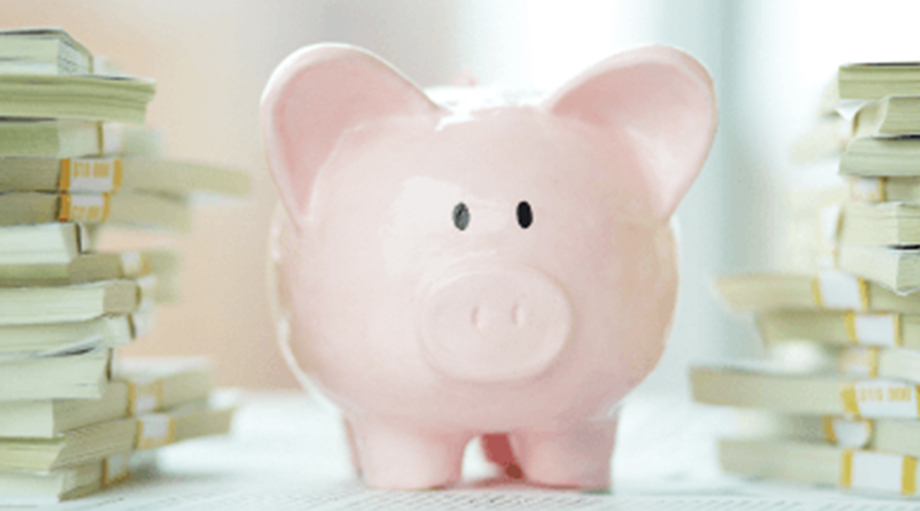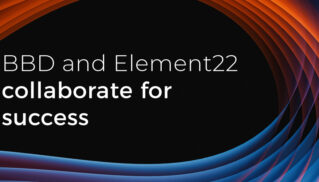
Two billion people worldwide do not have a bank account or access to financial institutions. Often referred to as the unbanked, they generally only pay in cash or purchase money orders.
Matthew Barnard, the executive head of banking at BBD, explains in a world where digital banking is becoming the norm, this can be problematic and begs the question:
How do countries achieve financial inclusion?
According to Barnard a good example of a country addressing this is China, where Ant Financial is an affiliate company of the Chinese Alibaba Group. Ant Financial operates the world’s largest mobile and online payments platform, Alipay. Chairman, Jack Ma says they started Alipay to create a balanced environment in China so that everyone can have equal access to financial support. The chosen mobile payment system for most Chinese citizens is Alipay and many predict that China will be first major economy to be completely cashless. According to iResearch Consulting Group, mobile payments in China totalled $9 trillion in 2016 compared to the US who totalled $112 billion.
In a similar fashion, Barnard believes with Africa being home to many of the two billion unbanked individuals, “we should be implementing our own solutions”. Enter Mojaloop, funded by the Bill and Melinda Gates Foundation. This open-source software creates payment platforms to assist unbanked people around the world access digital financial services.
Having recently attended Mojaloop’s first product increment planning session held in Johannesburg, Barnard was able to see how developers are working tirelessly on the platform. Being open source, it can then be adapted and improved to central banks, market infrastructures, payment processors, and fintech firms to accelerate financial inclusion.
“Mojaloop is actively attempting to enter the African market and ultimately serve the excluded. They are currently working with local entities to become the standard model for payment interoperability between banks and other providers across African economies,” says Barnard.
A well-known success story for the African unbanked community is that of Kenya’s M-Pesa. Started in 2007 and now operating in over 10 African countries, it is one of the world’s largest mobile money networks. Despite enabling millions of Africans to gain access to safe and secure payment solutions, M-Pesa never took off in South Africa and was shut down in 2016, with Vodacom mentioning South Africa’s advanced banking sector and lack of demand as contributing factors.
What we are seeing in Africa is the growth of mobile money and mobile payments – not necessarily the requirement for a bank account. Maybe the yardstick of measuring bank accounts or even being banked is a legacy measure that is no longer relevant.
The new measure is digital payments.
Every country in Africa is different and should be treated as such. Mojaloop is well aware of this complexity and is engaging with African companies that have local knowledge. This is also the reason one of the key principles is interoperability. With Mojaloop still being in its infancy stages, Barnard says that BBD is staying in touch with the Mojaloop product development. “We are supportive of Mojaloop and its roadmap. We continue to build our own knowledge and skills around the product, and how it would be integrated.”
For technical documentation and to contribute and use the Mojaloop software, visit https://github.com/mojaloop/mojaloop



